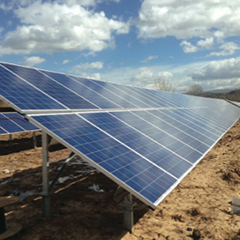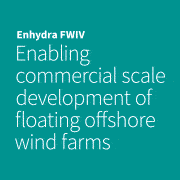Why Europe’s PV industry should encourage Chinese collaboration Since 2011, Europe’s photovoltaic industry has been in the midst of a crisis. Companies across the solar value chain are struggling, forcing layoffs and lowering growth projections over the coming years. By promoting tariffs and policies that aim to encourage the development of Europe’s PV industry by eliminating competition from Asia, the EU has subtly undermined the momentum and success of its own industry. Sebastien Prioux, Project Development Director at Upsolar, discusses the negative impact that Europe’s hostility to Asian PV companies has had on its domestic solar industry.
PES: Can you describe what is happening with the EU’s solar industry today?
Sebastien Prioux: Globally, the PV sector continues to register positive growth – installation volumes are steadily increasing year on year, new markets are emerging and the industry continues to mature from a technology standpoint. However, like any industry, we have not been immune to the international economic crisis. Since 2011, Europe’s PV industry has shed thousands of jobs, a sign of growing pains and internal turbulence.
PES: What is the main challenge preventing the industry from rebounding from the economic crisis?
SP: The financial pressures Europe faces have been compounded by reluctance to consider foreign investment, especially from China. Today, Europe is not only considering imposing stringent tariffs on modules manufactured in China – a measure that would drive up prices for everyone – it is also proving itself to be highly resistant to accepting Chinese investment in European projects.
Foreign investment is critical to creating the liquidity required to bring projects online and continue to advance the industry. The unintended but very real consequence of adopting an isolationist mindset is that some European countries are losing a major opportunity to nurture the growth of a fruitful industry.
While we agree that some Asian solar giants have benefitted from hefty subsidies from the Chinese government, it is important to note that not all China-based companies can be painted with the same brush.
Ultimately, imposing unilateral penalties for the wrongdoings of a few is counterproductive to the long-term growth of the solar industry. A study from the Alliance for Affordable Solar Energy (AFASE) predicts that these potential tariffs will cost the EU between 115,600 and 242,000 jobs – employment opportunities the region simply cannot afford to lose. These numbers are staggering, and they are just one indication of the extent to which solar tariffs would negatively impact Europeans up and down the industry.




























